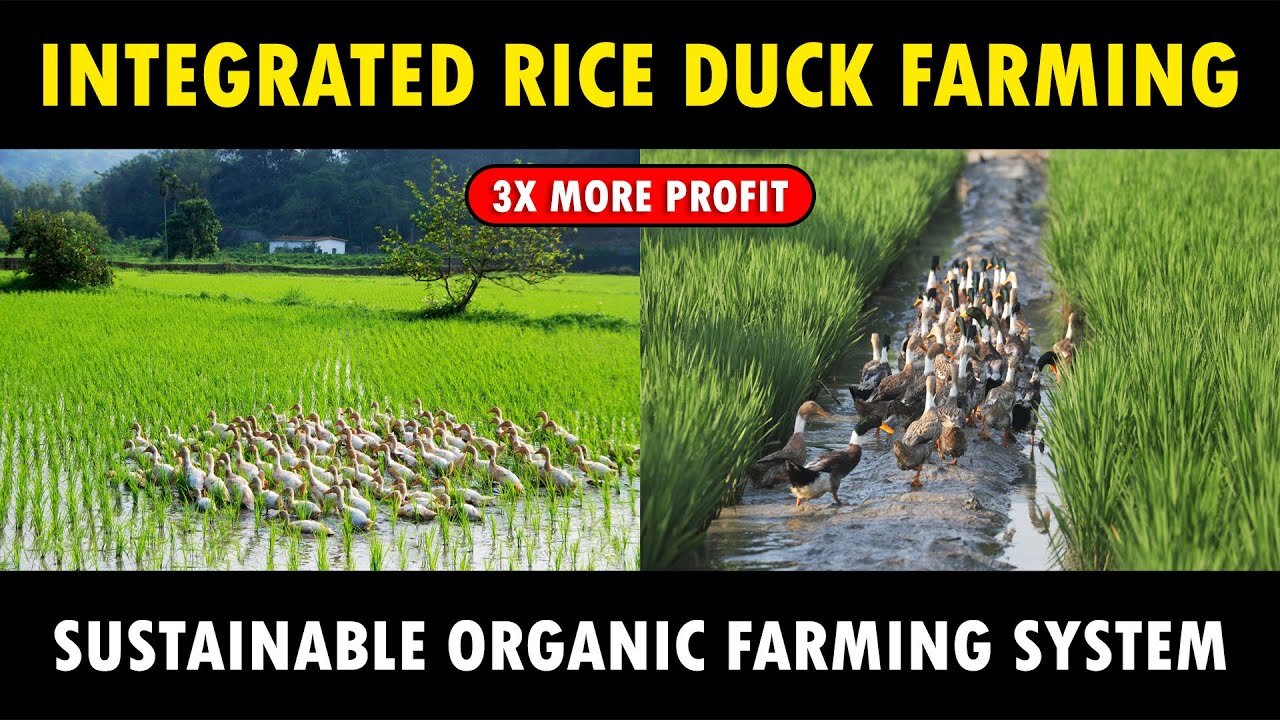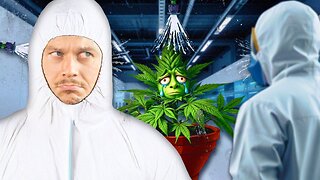Premium Only Content

Duckling Farming Suffering: Ethical Concerns in Commercial Agriculture
Duckling farming suffering encapsulates the distressing reality faced by ducks raised for commercial purposes. In industrial duck farms, these animals are often subjected to overcrowded and unsanitary conditions, leading to significant physical and psychological harm. Ducklings are commonly housed in cramped enclosures, denying them the opportunity to exhibit natural behaviors and causing immense stress.
Furthermore, the selective breeding of ducks for rapid growth and increased meat production results in various health issues and deformities. Many ducklings suffer from leg deformities and mobility issues due to their unnaturally rapid growth rate, making it difficult for them to move or access food and water.
The process of debeaking, where a portion of the duckling's beak is removed without anesthesia, is also common in the industry. This painful procedure is performed to prevent pecking and cannibalism among crowded birds but inflicts unnecessary suffering.
Moreover, the transportation and slaughter of ducklings entail further suffering. During transport, ducklings endure long journeys in cramped crates, exposed to extreme temperatures and rough handling. Upon arrival at the slaughterhouse, they face stressful and often cruel methods of killing, including electric stunning and throat-slitting.
The ethical implications of duckling farming suffering are profound, highlighting the need for more compassionate and sustainable farming practices. Advocates argue for improved living conditions, reduced stocking densities, and the implementation of humane slaughter methods to alleviate the suffering of these animals.
Additionally, consumer awareness and demand for ethically sourced duck products can drive positive change within the industry. Choosing products from farms that prioritize animal welfare and adhere to higher welfare standards can help reduce the prevalence of duckling farming suffering and promote a more compassionate food system.
In conclusion, addressing duckling farming suffering requires concerted efforts from both industry stakeholders and consumers. By acknowledging the inherent cruelty of current farming practices and advocating for change, we can work towards a more compassionate and ethical treatment of ducks in the agricultural sector.
Website: https://cruelty.farm
-
 4:24
4:24
Gun Owners Of America
18 hours agoHere's Our Plan To Overturn Gun Control in 2025
3.54K3 -
 1:16:08
1:16:08
PMG
1 day ago $0.06 earned"Jack Smith cases against Trump DISMISSED! This is YUGE!!"
2.57K -
 56:08
56:08
State of the Second Podcast
20 hours agoWhat does the next 4 years look like for the suppressor market? (Ft. Rugged Suppressors)
72.6K12 -
 29:08
29:08
The Lou Holtz Show
14 hours agoThe Lou Holtz Show Ep 21 | Enes Kanter Freedom: A Voice For Human Rights #podcast
63.4K3 -
 28:31
28:31
America First Policy Institute
21 hours agoAmerica First Policy Institute Gala Donald Trump, Elon Musk & Sylvester Stallone Ignite the Movement
29.1K17 -
 4:36
4:36
BIG NEM
11 hours agoThe Sad Truth About How Our Cannabis is Grown
36.2K14 -
 3:07:08
3:07:08
Price of Reason
16 hours agoMainstream Media FEARS Extinction! Gladiator 2 Review! New DnD SCANDAL!
62K10 -
 8:23:44
8:23:44
Fresh and Fit
12 hours agoIsrael-Hezbollah Ceasefire & Reacting To Death Threats On X
161K41 -
 1:11:10
1:11:10
Steve-O's Wild Ride! Podcast
5 days ago $10.31 earnedDusty Slay Went From Selling Pesticides To Having A Netflix Special - Wild Ride #244
57.4K3 -
 1:16:02
1:16:02
CocktailsConsoles
10 hours agoBE PART OF THE GAME!!| Death Road to Canada | Cocktails & Consoles Livestream
39.7K3